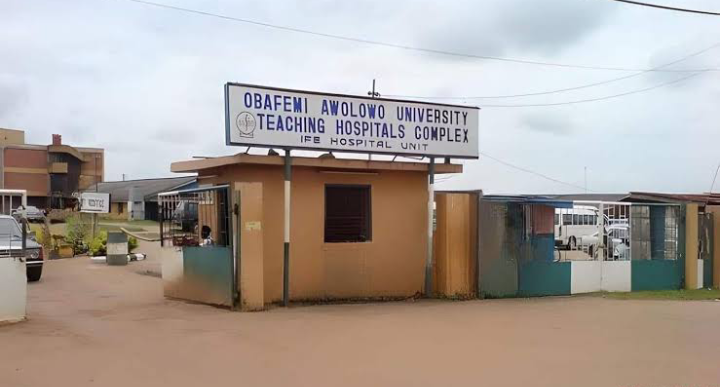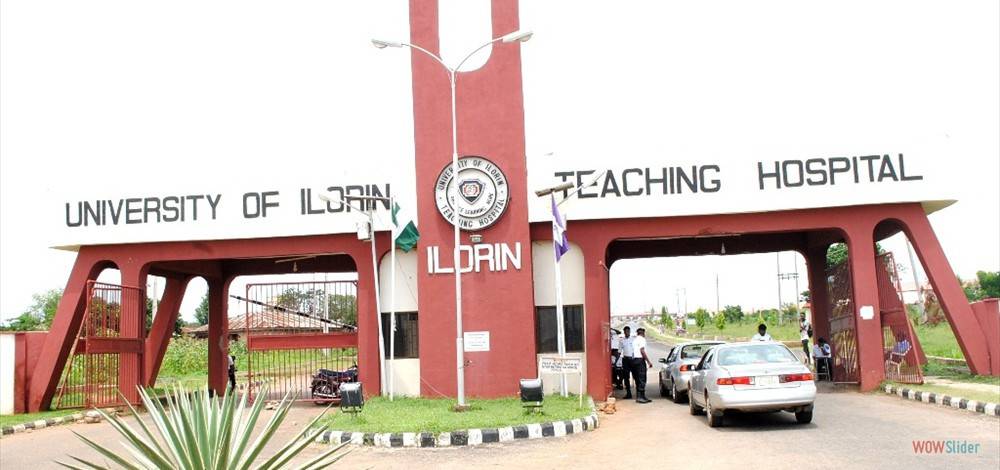OAUTHC Performs 55 Cancer Surgeries in One Month


Segun Alatise, a professor of surgery in the surgical oncology department at Obafemi Awolowo University Teaching Hospital Complex (OAUTHC) in Ile-Ife, stated that the hospital carried out 55 cancer surgeries within a month.
On Monday, Mr. Alatise made this known while speaking in Ile-Ife, Osun State.
He clarified that the department conducted 55 cancer surgeries in the month of January.
The professor of surgery revealed that the patients who underwent surgery had been diagnosed with various forms of cancer, including breast cancer, thyroid cancer, liver cancer, pancreatic cancer, and colorectal cancer.
According to Mr. Alatise, approximately 100 patients were still visiting the clinic, receiving chemotherapy, and awaiting surgery at the hospital.
“The truth is that we see a lot of cancers, and the number is increasing daily, for we have more patients than some others because we are a referral centre for some of these cancer treatments, like pancreatic and liver cancer,” he explained.
Mr. Alatise pointed out that a major factor contributing to cancer cases is the shift from an agrarian way of life to a more sedentary lifestyle.
“Our fathers used to walk to their farms among other exercises, but nowadays, people sit under air conditioners at home, in their cars, as well as in their offices.”
He noted that physical activity has significantly declined, while alcohol consumption is becoming more common. Additionally, more individuals are gaining excessive weight, consuming high-fat foods, and smoking cigarettes, all of which are major contributing factors to cancer.
“Even those that carry high risks, if they do a lot of exercise, eat a balanced diet, eat a lot of fruits and vegetables, reduce a lot of meat to fish and milk that can produce vitamin D, and desist from smoking cigarettes and alcohol, these can help them from developing cancer,” he stated.
He emphasized that cancer treatment is far more affordable when the disease is detected at an early stage.
“Unfortunately, 90 per cent of cancer treatment comes very late, when the treatment is not worth rewarding,” he added.
The surgeon urged people to undergo cancer screenings regularly, as early detection increases the chances of successful treatment.
He also called on the government to raise awareness about early cancer diagnosis and to provide financial support for patients by reducing the cost of treatment and medication, noting that “only 10 to 20 per cent can afford the treatment.”
“We also need a lot of training for all health workers—doctors, nurses, and community extension workers—on early detection of cancer,” he said.








